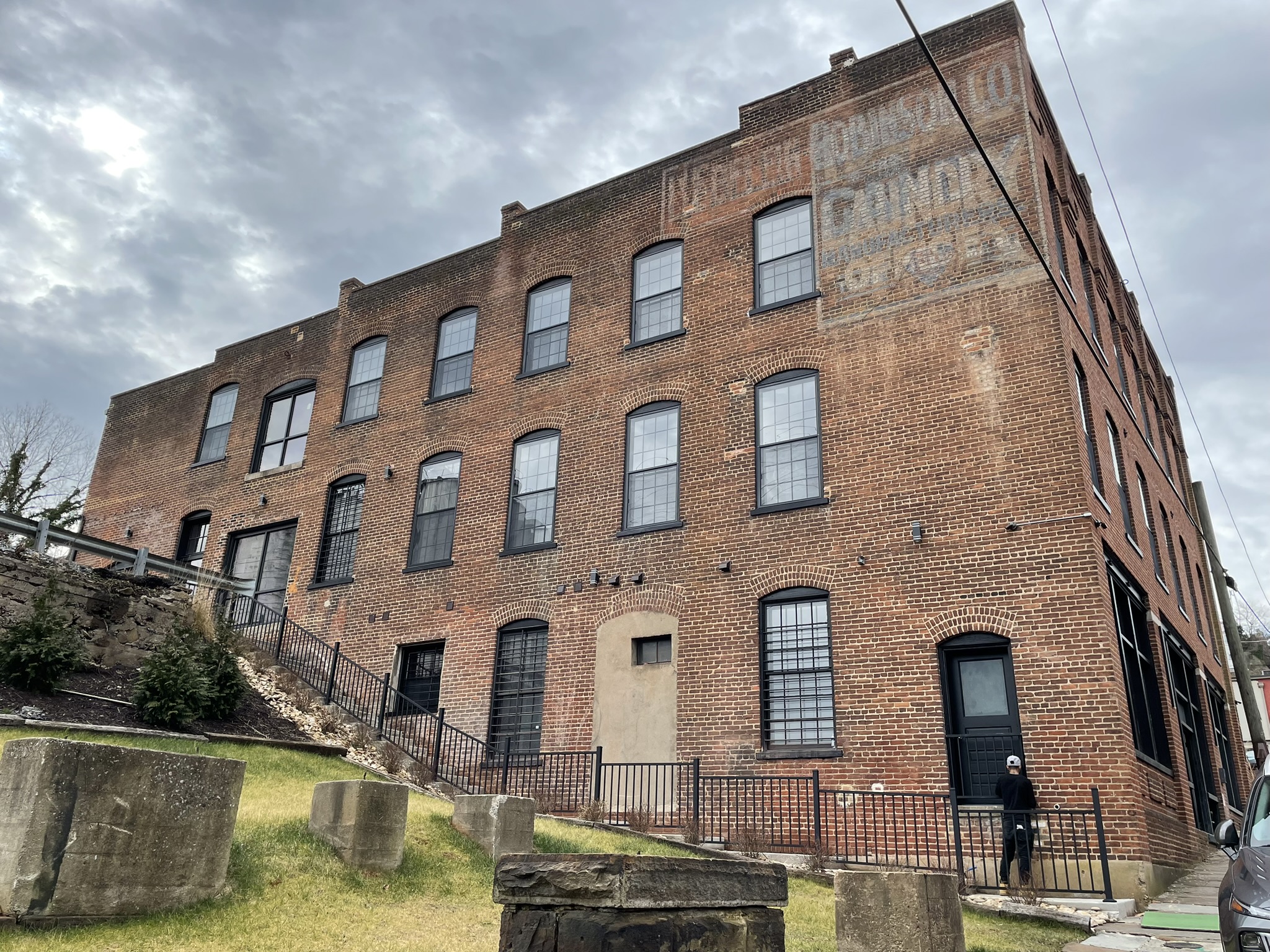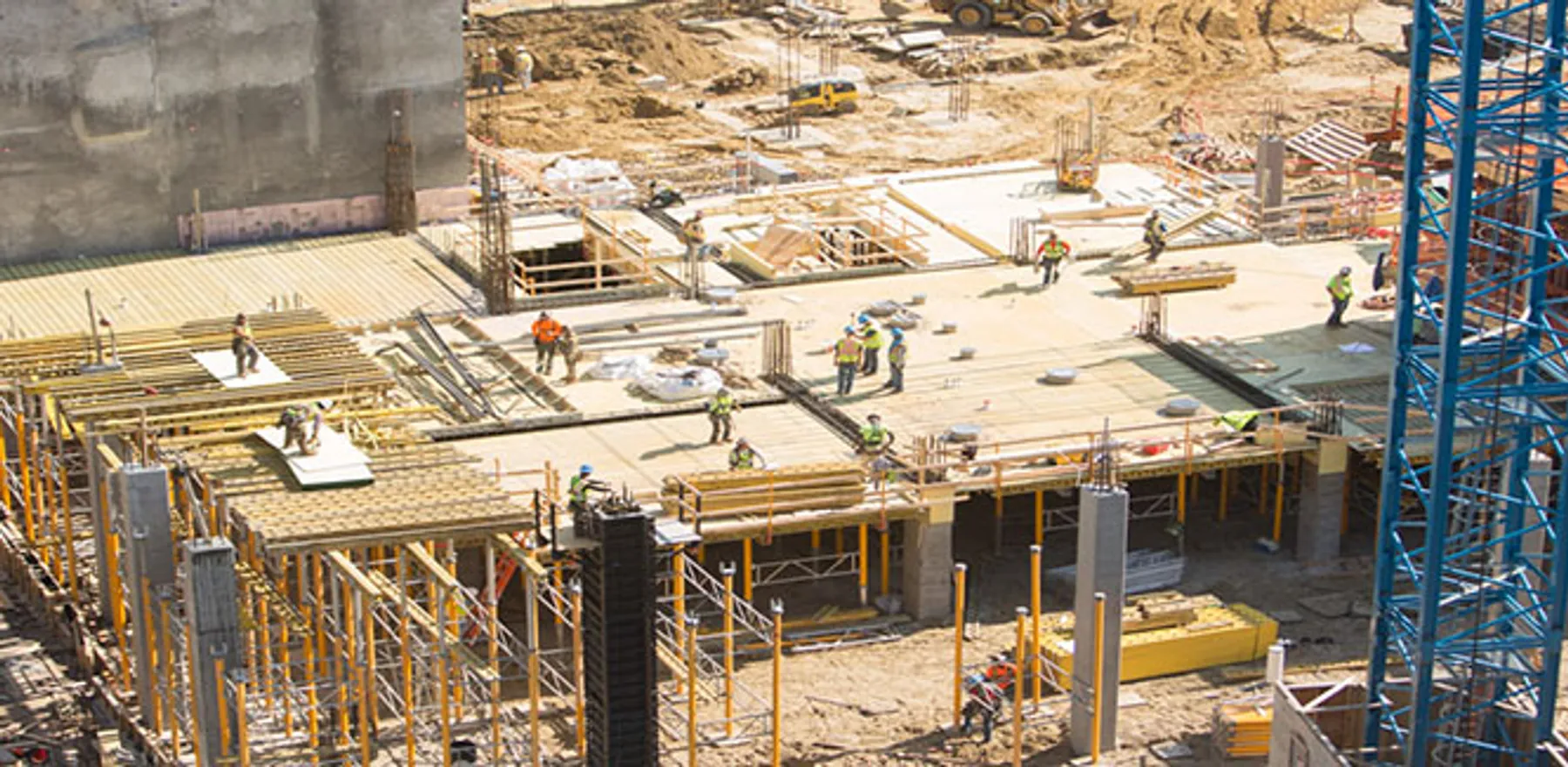For businesses and investors involved in the industrial sector, understanding the specific factors that contribute to the valuation of industrial properties is crucial for making informed decisions. In this blog post, we delve into the intricacies of industrial property valuation and shed light on the key factors that appraisers consider.
What are the Factors Influencing Industrial Property Valuation?
- Location and Accessibility:
Just like in any real estate valuation, the location of an industrial property plays a pivotal role. Proximity to major transportation hubs, highways, and ports can significantly enhance the value of an industrial property. Accessibility to these transportation networks ensures efficient logistics and distribution, making the property more attractive to potential tenants or buyers.
- Zoning and Land Use:
Industrial properties are subject to zoning regulations that dictate the allowable uses of the land. Zoning ordinances can impact the value of the property, as some industrial uses may be more lucrative or desirable than others. Understanding the zoning and land use regulations in a particular area is crucial for accurately assessing the potential uses and, consequently, the value of an industrial property.
- Building Size and Configuration:
The size and configuration of industrial buildings directly influence their valuation. Appraisers consider the total square footage, the height of ceilings, and the layout of the space. Larger buildings with versatile configurations tend to have higher valuations, as they offer more flexibility for a variety of industrial purposes, such as manufacturing, storage, or distribution.
- Building Age and Condition:
The age and condition of the industrial facility are critical factors in its valuation. Older buildings may require more maintenance and upgrades, impacting their overall value. On the other hand, well-maintained, modern facilities with up-to-date infrastructure and technology can command higher valuations. Appraisers carefully assess the structural integrity, roofing, HVAC systems, and other components to gauge the overall condition of the property.
- Tenant Quality and Lease Terms:
For income-generating industrial properties, the quality of tenants and the terms of their leases are crucial considerations. Long-term leases with reputable tenants provide a stable income stream, positively influencing the property’s value. Appraisers analyze lease agreements, rental rates, and the financial stability of tenants to determine the property’s income potential.
- Economic and Market Conditions:
The broader economic and market conditions play a significant role in industrial property valuation. Factors such as supply and demand, interest rates, and economic growth impact the overall real estate market, including industrial properties. Appraisers must stay informed about current market trends and economic indicators to make accurate assessments of a property’s value.
- Environmental Considerations:
Environmental factors can have a substantial impact on the valuation of industrial properties. Sites with a history of contamination or environmental hazards may require remediation efforts, which can significantly affect their value. Appraisers evaluate environmental reports and compliance with regulations to assess any potential liabilities associated with the property.
Industrial Building Features that Affect Property Value
Industrial properties are distinct from other types of real estate, such as commercial or residential, due to their specialized features tailored to industrial activities. The specific building features of industrial properties play a crucial role in determining their value. Here are some key industrial property features and their impact on valuation:
- Clear Height and Floor Space:
The clear height, or the vertical distance from the floor to the lowest hanging obstruction in a building, is a critical factor. Industrial properties with high clear heights are preferred as they offer more flexibility for storage, manufacturing, and distribution. Tall ceilings accommodate larger equipment and storage racks, making the space more versatile and, consequently, more valuable.
- Floor Load Capacity:
Industrial activities often involve heavy machinery and storage of bulky goods. The floor load capacity, or the maximum weight a floor can support per square foot, is crucial. Higher load capacities are desirable, as they allow for the safe operation of heavy equipment and storage of substantial inventory. Properties with higher load capacities are typically valued more highly.
- Dock Access and Loading Facilities:
The presence of loading docks and other facilities for efficient loading and unloading of goods is essential for industrial operations. Properties with multiple dock doors, levelers, and ample truck maneuvering space are more valuable. These features enhance the property’s functionality and reduce logistical challenges, making it more attractive to potential tenants or buyers.
- Office Space and Ancillary Facilities:
While industrial properties primarily serve operational needs, having well-designed office spaces and ancillary facilities can positively impact their value. Functional office spaces, meeting rooms, and employee amenities contribute to a more productive work environment. Industrial properties that integrate office spaces efficiently without compromising operational areas are often valued higher.
- Flexibility in Design and Layout:
Industrial properties that offer flexibility in design and layout are more appealing to a diverse range of tenants. Configurable spaces that can be adapted to various industrial uses, such as manufacturing, storage, or research and development, have higher valuations. This adaptability allows the property to cater to changing tenant needs over time.
- Technology and Infrastructure:
Modern industrial properties equipped with advanced technology and infrastructure tend to have higher valuations. Features such as automated systems, state-of-the-art security, and energy-efficient solutions enhance operational efficiency and reduce long-term costs. Investors and businesses often place a premium on technologically advanced industrial facilities.
- Parking and Outdoor Storage:
Adequate parking space for employees and visitors, as well as outdoor storage areas, can influence the value of an industrial property. Ample parking facilitates smooth operations, while outdoor storage areas accommodate the parking of vehicles, equipment, or materials. Properties with well-designed parking and storage solutions are typically valued more favorably.
- Compliance with Industry Standards and Regulations:
Industrial properties must adhere to specific industry standards and regulations. Properties that are compliant with safety, environmental, and zoning regulations are perceived as less risky and more valuable. Non-compliance may lead to additional costs for remediation or legal issues, negatively impacting the property’s value.
In summary, the unique features of industrial properties contribute significantly to their valuation. The adaptability of the space, technological advancements, and compliance with industry standards are just a few examples of factors that can influence the value of industrial real estate. Investors and appraisers must carefully evaluate these features to make informed decisions in the dynamic and competitive industrial property market.
Written by Thomas McCoy




